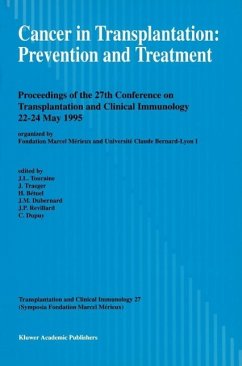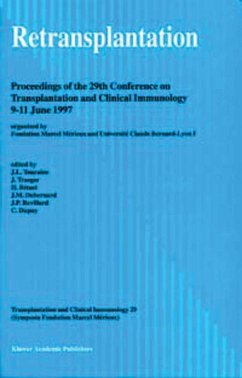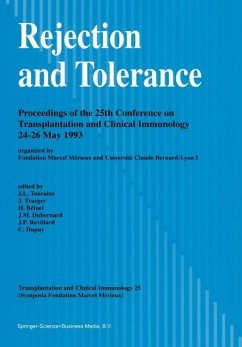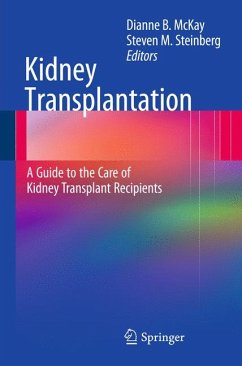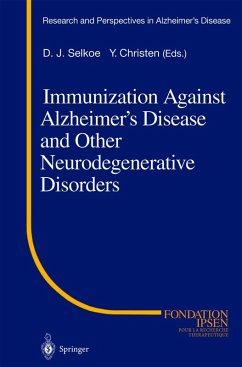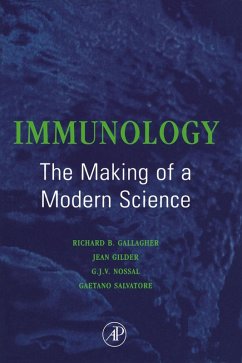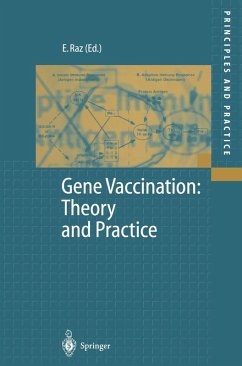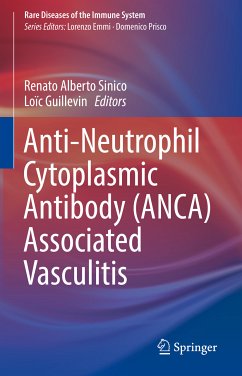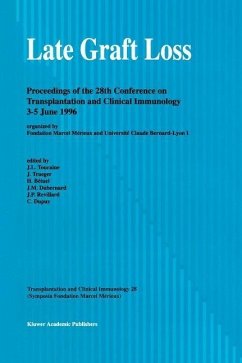
Renal Transplantation: Sense and Sensitization (eBook, PDF)
Versandkostenfrei!
Sofort per Download lieferbar
160,95 €
inkl. MwSt.
Weitere Ausgaben:

PAYBACK Punkte
80 °P sammeln!
In 1986, the Committee of Experts on Blood Transfusion and Immunohae- tology of the Council of Europe chose for their Programme of Co-ordinated Research "An investigation of the procurement and sharing of transplantable organs for potential recipients who are highly sensitized to HLA-antigens". This topic was of common concern to all centres practising renal transplan- tion. The terms of reference of the study were: To estimate the number of patients who are virtually "untransplantable" because of high sensitization in each European country. To study the nature of immunization in terms of the ...
In 1986, the Committee of Experts on Blood Transfusion and Immunohae- tology of the Council of Europe chose for their Programme of Co-ordinated Research "An investigation of the procurement and sharing of transplantable organs for potential recipients who are highly sensitized to HLA-antigens". This topic was of common concern to all centres practising renal transplan- tion. The terms of reference of the study were: To estimate the number of patients who are virtually "untransplantable" because of high sensitization in each European country. To study the nature of immunization in terms of the type and specificity of antibodies present in the blood and techniques used for their detection. To investigate possible practical solutions - both current and future, invo- ing cross-matching procedures, the circulation of reference material from patients, and the willingness of the national organizations to share resources. 4. To explore other methods of resolving this problem. Although the study did not offer the prospect of a brilliant new insight into the problem of high sensitization, it was unique in several ways: for the first time we saw all European organizations collaborating in a common project to provide information on their activities, their problems and the methods to resolve them; it introduced, for this subject, relatively novel statistical methods to investigate susceptibility to sensitization and factors affecting transplant outcome; it enabled a large database of transplanted highly sensitized patients and matched controls to be assembled, that would have been unavailable as a research resource at any single centre.
Dieser Download kann aus rechtlichen Gründen nur mit Rechnungsadresse in A, B, BG, CY, CZ, D, DK, EW, E, FIN, F, GR, HR, H, IRL, I, LT, L, LR, M, NL, PL, P, R, S, SLO, SK ausgeliefert werden.



